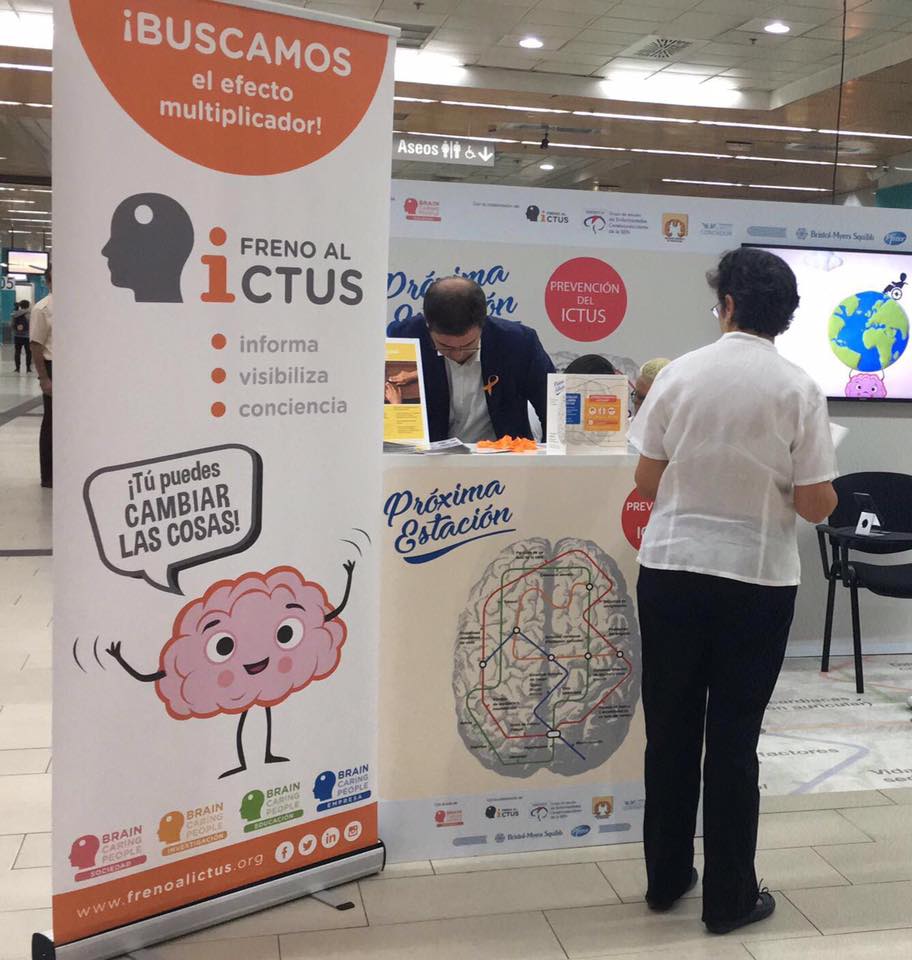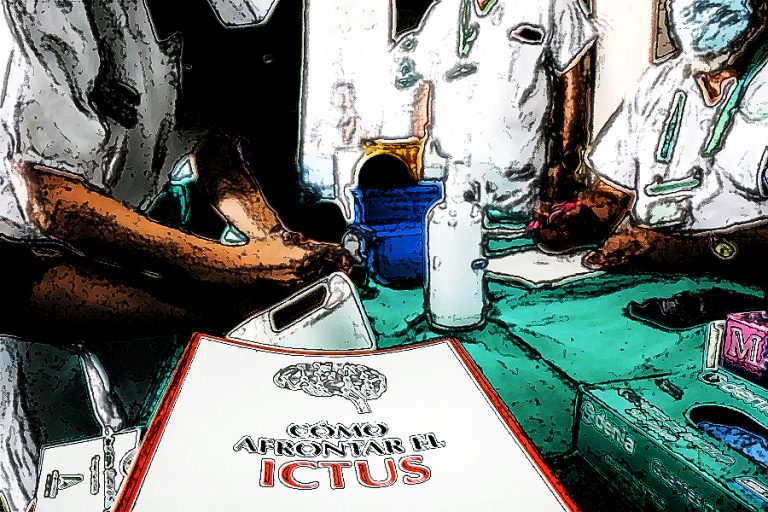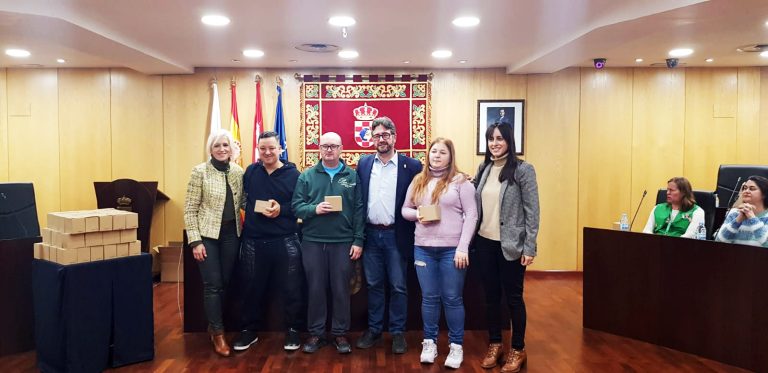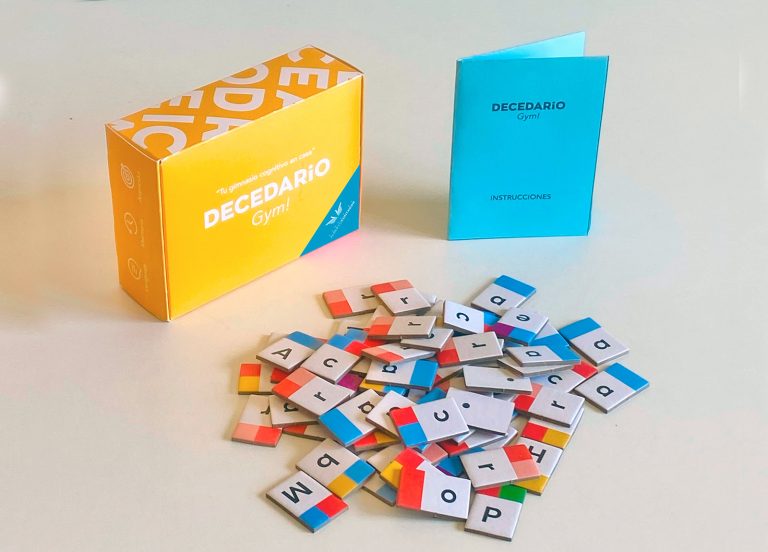‘Próxima estación: prevención del ictus’, at Moncloa Station until 29 October

The patients’ association Freno al Ictus is promoting this campaign to raise public awareness of the prevention of cerebrovascular diseases. Between 26 and 29 October, a stand will be set up in Moncloa Metro station to provide users with information on the risk factors that could trigger a stroke. The campaign has the backing of the SEN and the collaboration of the Alberto Contador Foundation and the Bristol-Myers Squibb-Pfizer Alliance.
Stroke is a cerebrovascular disease and the leading cause of death in the female population. One hundred and twenty thousand people are affected by this event in Spain. For this reason, its prevention and the control of risk factors such as hypertension, diabetes, hypercholesterolemia, smoking and Atrial Fibrillation (AF) are essential.
Atrial Fibrillation is the most common cardiac arrhythmia, with particular importance as a trigger for stroke, affecting around 800,000 people, although this figure is expected to increase due to the gradual ageing of the population. According to estimates, in 2063, life expectancy in our country will rise by almost 9 points on average, from 83 years to 90 years, 95 in the case of women.
Against this backdrop, and coinciding on Sunday 29 October with World Stroke Day, the Asociación Freno al ICTUS, with the support of the Spanish Society of Neurology (SEN) and the collaboration of the Alberto Contador Foundation and the Bristol-Myers Squibb-Pfizer Alliance, today begins the campaign for the prevention of cerebrovascular diseases that highlights the vital importance of early detection of pathologies that increase the risk of suffering a stroke.
As the main event, the ‘Next Station: Stroke Prevention’ campaign will have an information stand at Moncloa Metro station (Madrid) between Thursday 26 and Sunday 29 October.
For Julio Agredano, president of Freno al Ictus, this campaign is very useful because “the main problem with stroke is the lack of visibility and social awareness that exists in the population. We must raise awareness about stroke, promote healthy lifestyle habits, especially through physical activity, and facilitate the correct treatment when necessary. This will help to reduce mortality and the serious after-effects of a cerebrovascular event of this type.
For her part, María Alonso de Leciñana, coordinator of the SEN Cerebrovascular Diseases Study Group, points out that “the campaign is a good example of cooperation between the different agents involved in dealing with stroke”.
The campaign ‘Next season: stroke prevention’ also has the support of the cyclist Alberto Contador, who, after his retirement from the professional circuits, has turned his attention to raising awareness of stroke and the role of sport in tackling cerebrovascular events through his Foundation. Contador suffered a stroke in 2004, so he knows first-hand how important it is for the general public to know what a stroke is and how to prevent it: “A second in sport and in stroke can make or break you,” says the cyclist.
‘Next station: stroke prevention’ also has a website (click here), which contains information on Atrial Fibrillation and stroke, as well as video testimonials from patients and health professionals.




